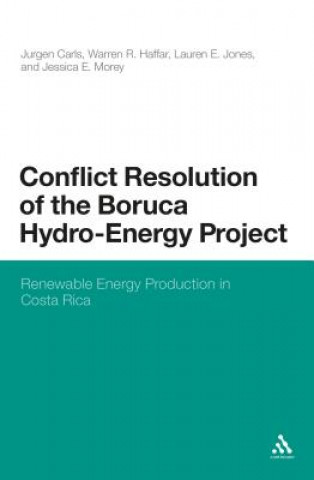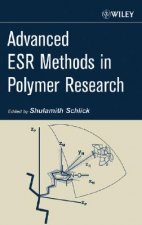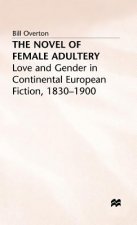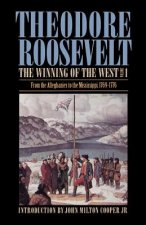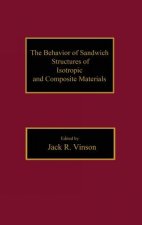
Consegna
Guida all'acquisto





Non ti piace? Non importa! Puoi restituircelo entro 30 giorni
 Buono sconto
Di qualsiasi valore
Buono sconto
Di qualsiasi valore
Non puoi sbagliarti con un buono regalo. Con il buono regalo, il destinatario può scegliere qualsiasi prodotto della nostra offerta.
Conflict Resolution of the Boruca Hydro-Energy Project
 Inglese
Inglese
 179 b
179 b
30 giorni per il reso
Potrebbe interessarti anche


Conflict Resolution of the Boruca Hydro-Energy Project is a case study that aims to profile best practices for sustainable development, indigenous human rights, and conflict resolution. In 2003, a joint project was developed between the United Nations University of Peace and the International Peace and Conflict Resolution program at Arcadia University to study the Boruca hydroelectrical conflict in Costa Rica. The aim was to bring together theory and practice and to reveal the link between peace and conflict resolution and sustainable development. Through partnerships with the Kan Tan Ecological Project and the indigenous communities in the region, and field studies to the Inter-American Court of Human Rights and local Civil Society Organizations, faculty and students utilized the mediation framework to identify the needs and interests of the primary conflict stakeholders. Conflict Resolution of the Boruca Hydro-Energy Project represents the culmination of this fieldwork and tests the mediation framework as suitable model for the resolution of environmental conflicts in Latin America. The Boruca project, proposed in the 1970s by the state-run corporation Instituto Costarricense De Electridad (ICE), will build a dam in the Boruca Canyon, changing the flow of the Terraba River and creating an artificial lake of 25.000 hectares. The largest of its kind in Central America, this project will generate approximately 1,500 megawatts and increase Costa Rica's energy production capability by as much as 50%. For ICE, not only will the project satisfy national electrical demand, it will also stimulate economic growth, assist in the development of new technological corridors and new tourism projects, increase employment opportunities, and improve the quality of life for indigenous peoples living in Boruca area. For the indigenous population, however, the project represents a violation of their fundamental human rights since it will force the relocation of 2,000 to 3,000 indigenous peoples, flood areas of archeological and cultural significance to them, and affect their livelihood due to the resulting changes in the biodiversity. They also fear the social and environmental impacts of more tourism in the area. The increasingly dysfunctional communication between the Boruca people and ICE over the past 30 years has led to a breakdown of trust and a stalling of the project's development. Conflict Resolution of the Boruca Hydro-Energy Project follows these conflicts and the process by which the government-owned utility tried to find common ground between all stakeholders. Ultimately, it tests the mediation framework as an appropriate approach to the resolution of development conflicts, exploring the transferability of this approach to other countries in Latin America. This case study provides unique insights into Latin American environmental and development politics and will be of interest to any student, faculty, or policymaker looking to assess the mediation framework.
Informazioni sul libro
 Inglese
Inglese
Categorie


 Contatto
Contatto Come acquistare
Come acquistare















